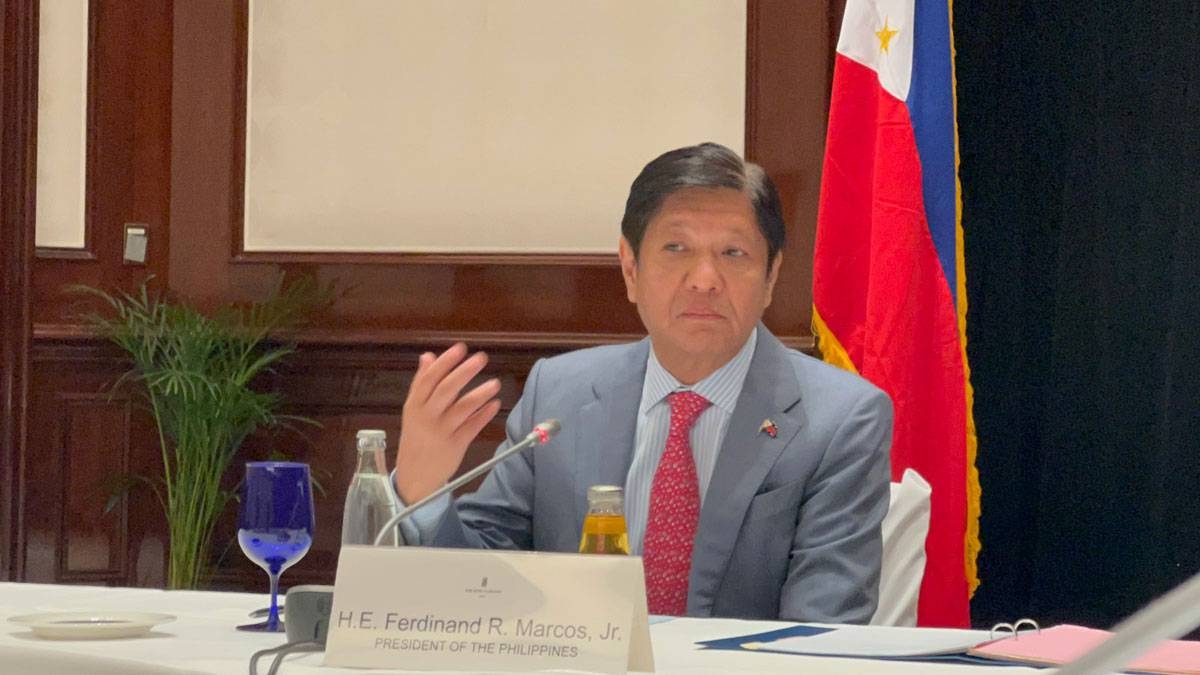President Ferdinand Marcos Jr.’s State Visit to Prague
President Ferdinand Marcos Jr. arrived in Prague on Wednesday afternoon for a two-day state visit, upon the invitation of Czech Republic President Petr Pavel. Accompanied by First Lady Marie Louise “Liza” Araneta-Marcos, they landed at the Václav Havel Airport Prague on board a chartered Philippine Airlines flight.
Meetings with Czech Government Officials
During his visit, President Marcos will have meetings with the four heads of the Czech government. This includes President Petr Pavel, Prime Minister Petr Fiala, Senate President Miloš Vystrčil, and President of the Chamber of Deputies Markéta Pekarová Adamová. These meetings aim to strengthen bilateral relations and explore areas of cooperation between the Philippines and the Czech Republic.
Enhancing Cooperation and Protection for Filipino Workers
One of the key objectives of President Marcos’ visit is to sign a joint communiqué on the establishment of labor consultation mechanisms. This agreement aims to enhance cooperation between the Philippines and the Czech Republic in ensuring the safe and orderly migration of Filipino workers. It also seeks to provide a higher level of protection for their rights and welfare. This initiative reflects the commitment of both countries to support and safeguard the well-being of Filipino workers abroad.
Promoting Trade and Investment Opportunities
In addition to government meetings, President Marcos will also engage with prominent business leaders to explore trade and investment opportunities. This effort is aimed at bolstering economic ties between the Philippines and the Czech Republic. The Czech Republic currently ranks as the Philippines’ 39th trading partner, 28th export market, and 47th import supplier. With a total bilateral trade amounting to $303.21 million last year, there is potential for further growth and collaboration in various sectors.
Engaging with the Filipino Community
President Marcos recognizes the importance of engaging with the Filipino community living in the Czech Republic. He will personally share his administration’s plans and programs for overseas Filipino workers, emphasizing the government’s commitment to their welfare and support. This interaction provides an opportunity for the President to listen to the concerns and aspirations of the Filipino community and address them accordingly.
Strengthening Diplomatic Relations
The Philippines and the Czech Republic established formal diplomatic relations on October 5, 1973. Since then, both countries have continued to build and strengthen their ties in various areas, including trade, culture, and people-to-people exchanges. President Marcos’ visit to Prague further underscores the commitment of both nations to deepen their bilateral relations and explore avenues for collaboration.
President Marcos’ Productive Visit to Germany
Prior to his visit to Prague, President Marcos had a productive visit to Germany. He described the trip as having a significant economic and political impact, highlighting its importance to the country’s regional competitiveness and economic transformation. During his visit, he had fruitful discussions with German corporations, including meetings with top officials from Bosch, Siemens, Airbus, and Lufthansa Technik. These companies expressed their confidence in the Philippines’ economic condition and their plans to expand their operations in the country.
President Marcos also had a meaningful conversation with German Chancellor Olaf Scholz, where they discussed various issues of mutual concern. They touched upon the events in Ukraine and the President’s upcoming visits to Russia and China. President Marcos expressed his optimism that these visits would contribute to peace in Eastern Europe and stability in the South China Sea.
The President’s visit to Germany and Prague reflects the Philippines’ commitment to strengthening international relations, promoting economic growth, and ensuring the welfare of Filipino workers abroad. These engagements provide opportunities for collaboration, exchange of ideas, and building stronger ties between nations.







